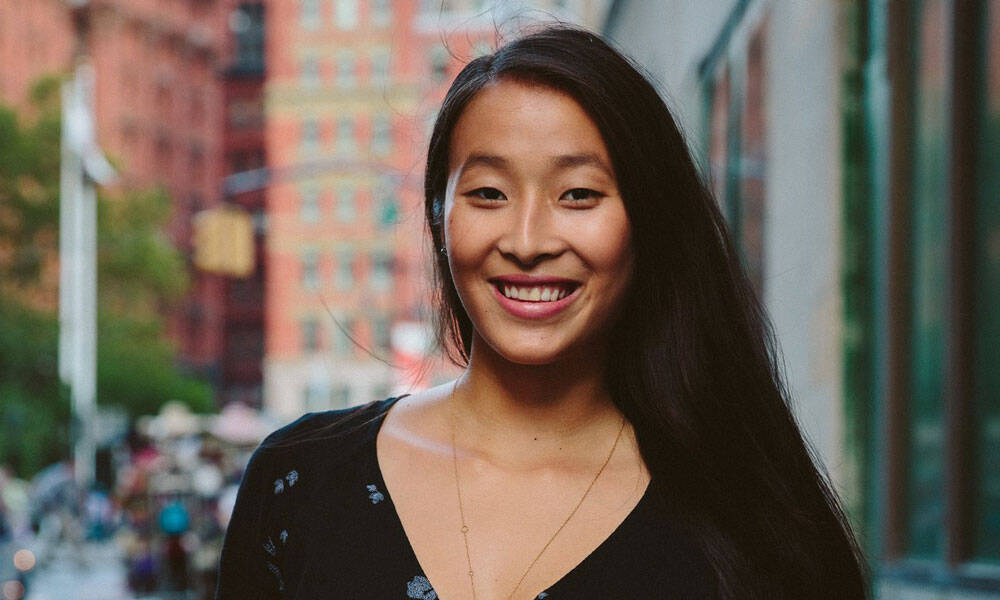
#ASAE19 Game Changer: Passion, Stories Can Spark a Movement
Nadya Okamoto admits menstruation is an unusual topic to organize around, but her passion and her own story—coupled with the tales of women she met—inspired her to build a movement to address women’s menstrual hygiene needs.
Even though a sizable portion of the population menstruates, it is rarely discussed and often stigmatized, leading to gender inequality, said Nadya Okamoto, founder and executive director of PERIOD, a nonprofit she started when she was 16 that is dedicated to helping address women’s menstruation needs.
“I know it is not the most common thing to be passionate about,” said 21-year-old Okamoto, a Game Changer at the ASAE Annual Meeting in August. “It is inspired by my family’s experience with housing instability.”
After Okamoto’s mother lost her job, the family, including a teenaged Nadya, was evicted from their home. During this time, Okamoto met and spoke with several homeless women, who told her their biggest challenge was not having hygiene products to address their periods. “I heard their stories of using toilet paper and socks and brown paper bags,” Okamoto said. “It got me curious to start learning more about it.”
What Okamoto learned was that access to menstrual hygiene products was a huge concern not only for homeless women but also for women around the world. Girls in some countries missed four to six days of school monthly because they could not access care products. This led Okamoto to believe that addressing menstruation needs is key to creating gender equality.
“If they can’t go to school and go to work, then it’s not equal opportunity,” said Okamoto, who also wrote Period Power: A Manifesto for the Menstrual Movement. “I came from a very feminist household; I was raised to believe women deserved equal opportunities.”
Although menstruation is the topic that sparked Okamoto’s passion, the lessons she’s learned can be applied to any passion, even an association’s mission. When trying to inspire others, she said it is crucial to show the big-picture effects.
“I think the reason I always bring up gender equality is [because] that is what makes this not just a women’s issue. It makes it a human issue,” said Okamoto. “When you try to get other people involved, you have to ask, how do you make them feel like the issue is relevant? What is the bigger picture? The issue can be gender equality or climate change, but you have to know how it impacts them.”
Another lesson Okamoto has learned is that nothing should be taboo. Women’s periods, despite their frequent and regular occurrence, are typically discussed in hushed tones. However, from the moment she realized the significance of the problem, Okamoto discussed the topic frankly, openly, and without shame. Whether it’s periods or an issue affecting your association’s goals, she contends it’s important to talk about it openly, even if stigma is attached.
“The best way to break the stigma is to just start conversations,” Okamoto said. “I think we can mitigate a lot of the negative outcomes if we can simply talk about it.”
One more lesson to remember: explain the why behind your passion and share that message widely.
“I always think, be open about why you care about it, and give an example about why you got involved,” she said. “Storytelling is huge. Whether it be social media, or something else, there are several ways to get people involved. We have a lot more tools in front of us than most people realize.”
(Handout photo)






Comments